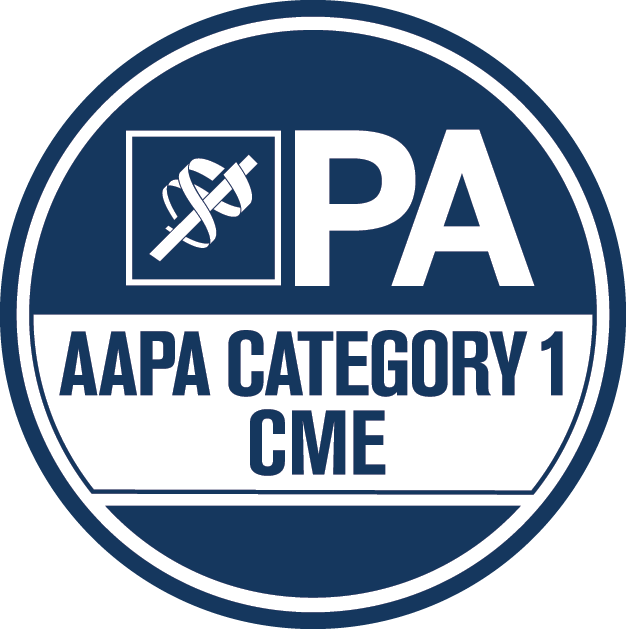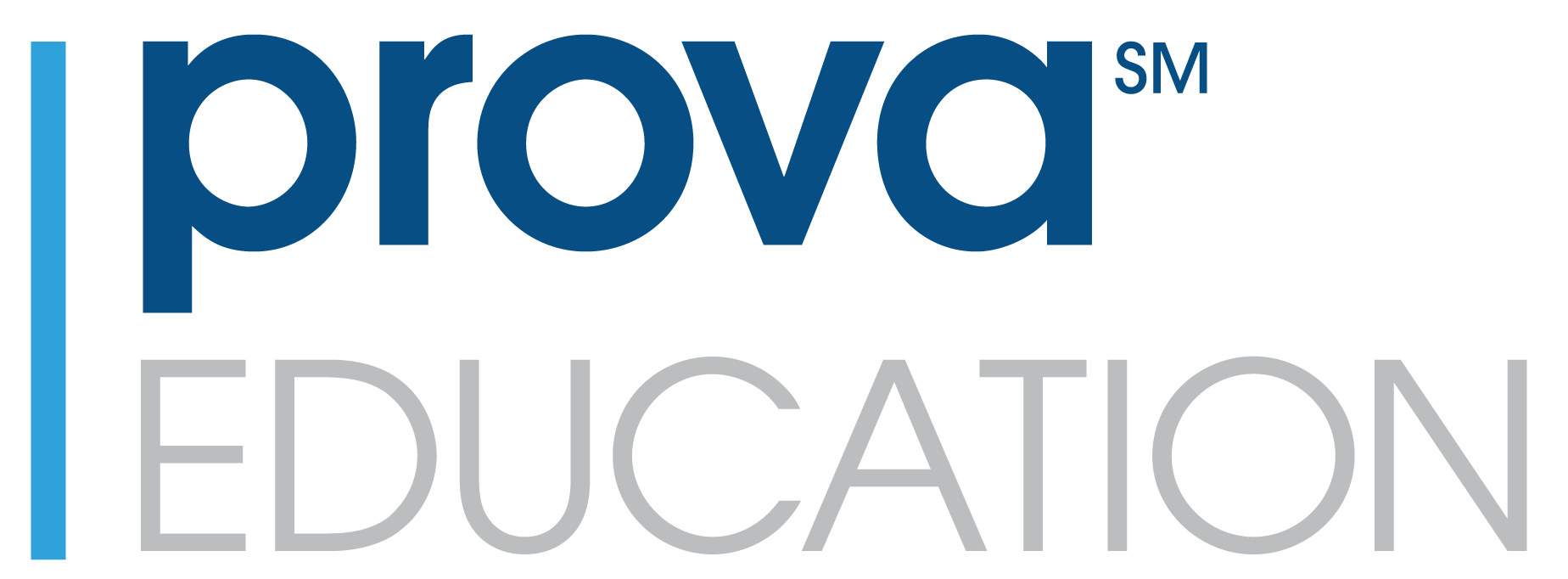Announcer:
Welcome to CME on ReachMD. This episode is part of our MinuteCME curriculum.
Prior to beginning the activity, please be sure to review the faculty and commercial support disclosure statements as well as the learning objectives.
Dr. Cowan:
This is CME on ReachMD, and I am Dr. Ethan Cowan. Here with me today is Dr. Edwin Salsitz.
Now, naltrexone is often successful for the treatment of patients with alcohol use disorder, and I wanted to take a deeper dive on this agent. So, Dr. Salsitz, what's been your experience with naltrexone?
Dr. Salsitz:
My experience with naltrexone has been mostly positive. I'd say the way things have evolved, that naltrexone is probably the first-line agent to use in a patient with alcohol use disorder. Many patients and many providers are not aware that there were these effective medications to treat alcohol use disorder.
So with naltrexone, it's a relatively safe medication. You can either take a pill once a day or an injection once a month. Some patients decide on one or the other. There is this issue that people think it is hepatotoxic, but at the doses that are currently used 50 milligrams in a pill form and 380 milligrams in the injectable, there really is no concern for hepatotoxicity, although baseline LFTs are a good idea to get. The naltrexone is aimed at decreasing heavy drinking by decreasing the rewarding effects of the alcohol.
But I'm curious Dr. Cowan, your work in the ED, what's your experience with naltrexone?
Dr. Cowan:
I think we have a similar experience to you in the fact that one of the biggest barriers we face to providing patients with any treatment for alcohol use disorder is really just basic education. So there's just a general lack of knowledge of the treatments that are useful, the medications that are useful for patients with alcohol use disorder. In my practice, we are starting patients on oral naltrexone in the ED. You know, it takes some work in terms of identifying the patients who are eligible, and then getting them to accept treatment and then also having a referral center.
So I would say that we are probably in the minority of emergency departments. Most EDs are not providing patients with treatment for alcohol use disorder, at least in terms of medications, they're mostly providing referrals. So I think our biggest barrier at this point is really just education.
But we don't really have that many concerns about oral naltrexone in comparison to some of the other agents. Like you said, it's relatively safe, it's very easy to initiate, patients don't have to be fully abstinent, which for our population is important because a lot of them may not necessarily be ready for that. So our experience has been pretty good. There are very few places that are providing injectable naltrexone at this point, but there's been a few pilot projects looking at it in emergency departments that have had pretty successful results.
Dr. Salsitz:
Now, some of the things that have to be overcome though is there still is a tradition in the alcohol arena that absence and not taking any medication is the only way to be in recovery. And that of course is not true. And that's a myth. And that's something to talk about both with the patient and maybe even more importantly, with the patient's significant others.
In general, we like to use medications like naltrexone in conjunction with some form of psychosocial treatment. That could be cognitive behavioral therapy or motivational enhancement therapy. And there are a variety of others that we can tailor to each patient. So the combination of a medication plus a psychosocial intervention generally provides the best outcomes
Dr. Cowan:
So, this has been a great discussion on the use of naltrexone and alcohol use disorder. Unfortunately, our time is up. Thank you for listening.
Announcer:
You have been listening to CME on ReachMD. This activity is provided by Prova Education and is part of our MinuteCME curriculum.
To receive your free CME credit, or to download this activity, go to ReachMD.com/Prova. Thank you for listening.






